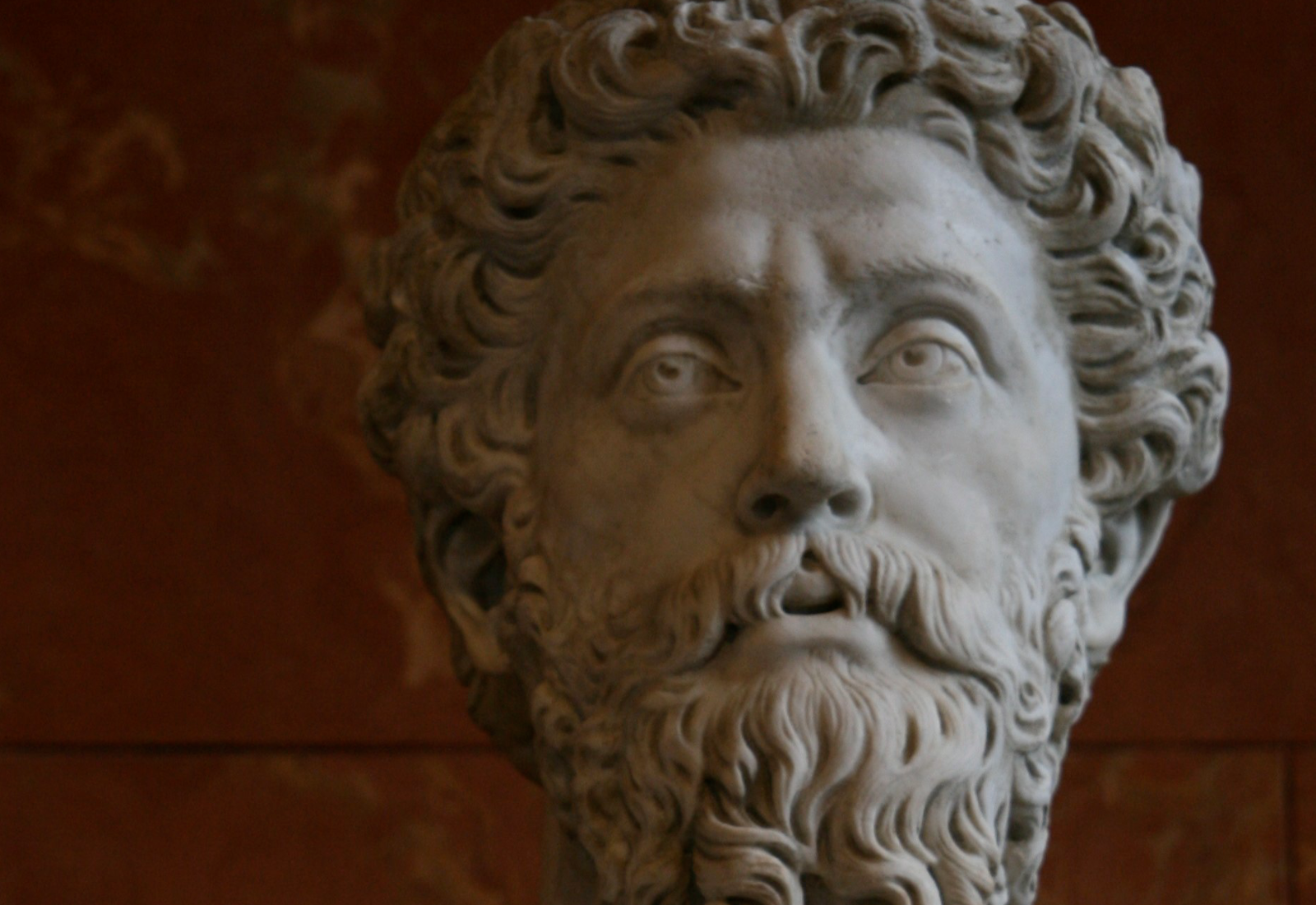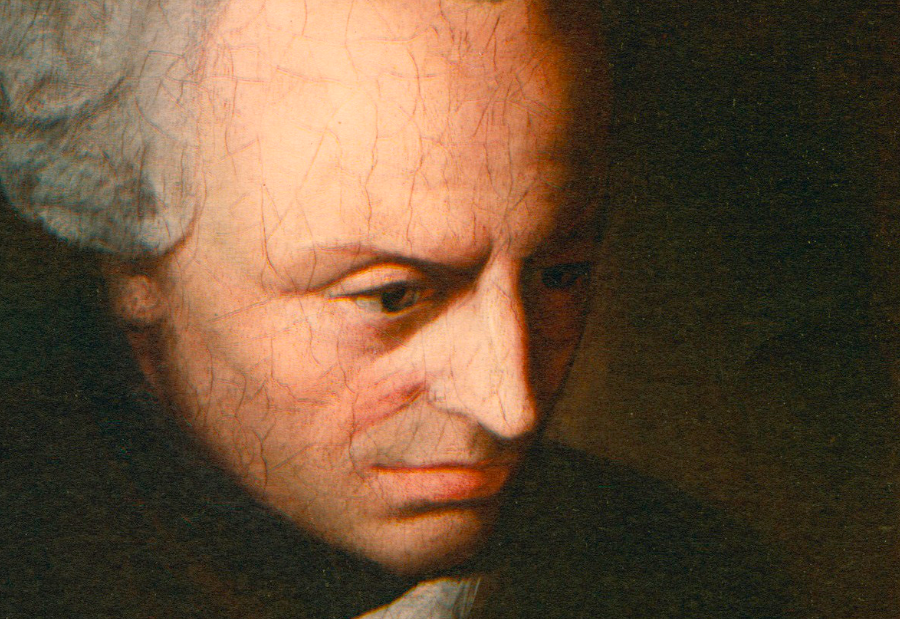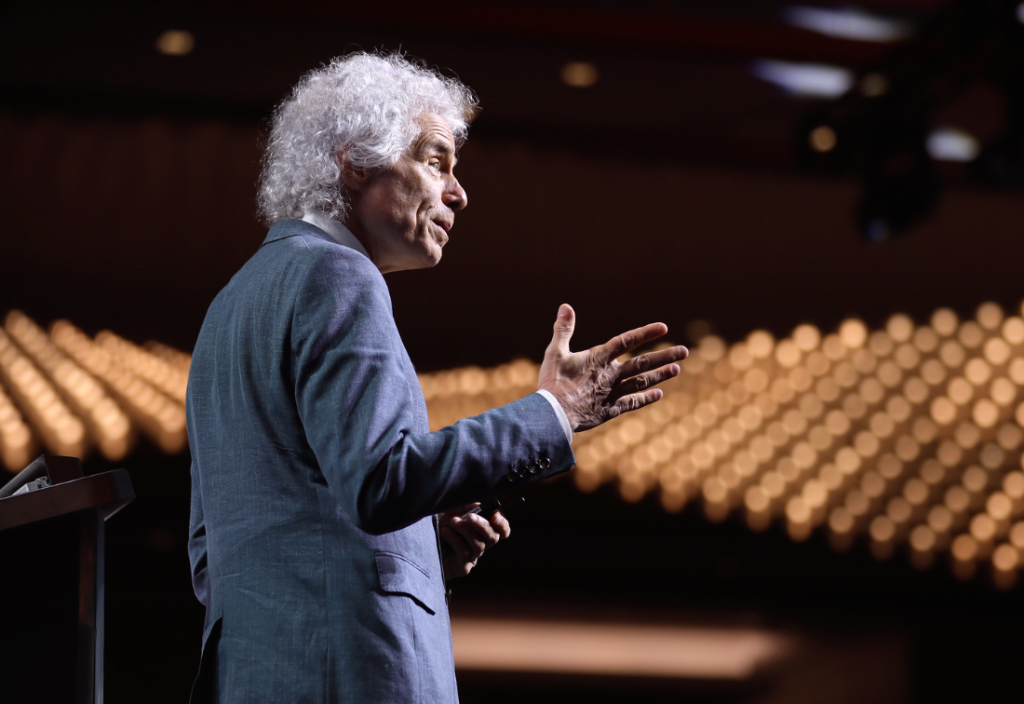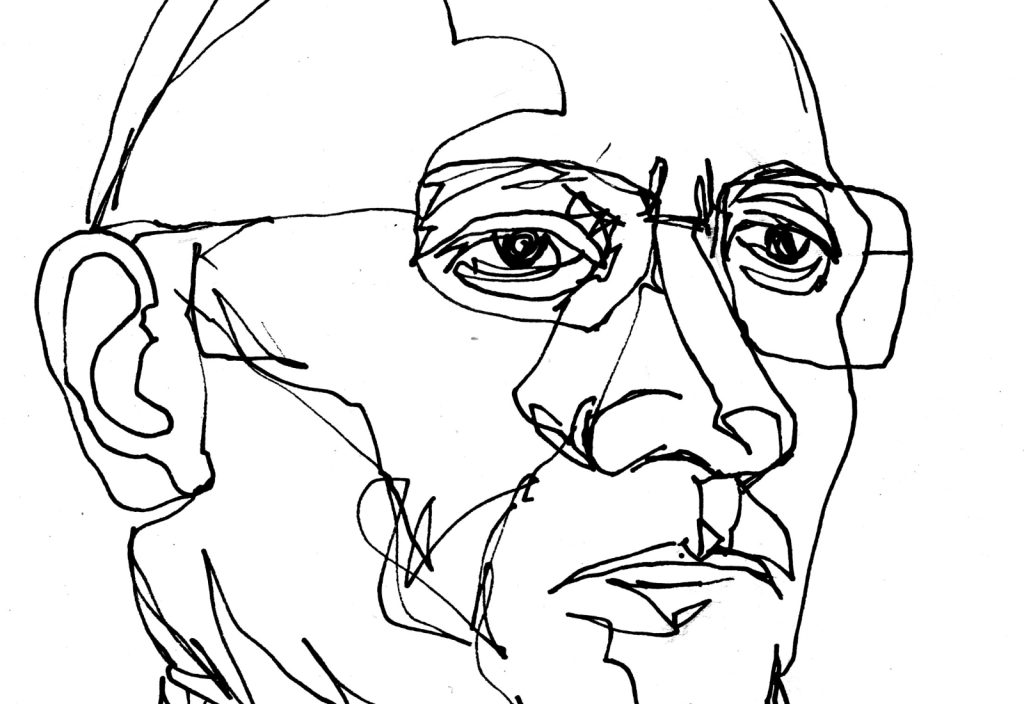Marcus Aurelius (121-180 CE) was one of the so-called Five Good Emperors of the Roman Empire – and the last of them – and a stoic philosopher whose Meditations remains a classic of philosophical reflection and ethical commitment.
In our time, political leaders, in both democracies and autocracies, are widely being accused of lacking integrity or even being incapable of coherent thought. Marcus Aurelius’ life and rational statesmanship might be considered a model for us to look back to, within the Western tradition.
But how good a ruler was Marcus Aurelius? And, considering all factors, including his Meditations, to what extent should we regard him as a role model for our times? To what extent should we regard Stoicism, at least as he espoused it, as a suitable philosophy for a secular society in the 21st century?
Edward Gibbon, in the very opening paragraph of his multi-volume history The Decline and Fall of the Roman Empire, wrote that the second century of the common era saw the Roman Empire at its acme, blessed by both peace and sound administration.
“During a happy period (98 to 180 CE) of more than fourscore years, the public administration was conducted by the virtue and abilities of Nerva, Trajan, Hadrian and the two Antonines.”
Marcus Aurelius was the second of these ‘two Antonines’. He ruled as Emperor from 161 until 180, having been carefully groomed for that high office since his adoption by his predecessor in 138.
Born Marcus Annius Catilius Severus, he was related, by marriage, to the Emperors Trajan and Hadrian, but succession was arranged based on merit, not blood-line as such.
He would abandon that principle, allowing his decadent son Commodus to succeed him, with disastrous consequences for the Empire. Thirteen years of misrule culminated in the assassination of Commodus and a year of anarchy (193 CE) – the Year of Five Emperors – climaxing in a civil war in which three leading generals fought one another for the purple. The civil war cost the lives of tens of thousands of the Empire’s best soldiers.
The emphatic victor in the civil war, Septimius Severus, then ruled for 18 years, but again left the purple to his sons, Geta and Caracalla, rather than an adoptive heir. He became so disillusioned with the exercise of power that, in a famous remark, late in his life, he wrote, “Omnia fui, sed nihil expedit” (I have been all things, but it comes to nothing). That might almost be said to constitute the philosophical bankruptcy of the Roman Empire.
But let’s stick with the Five Good Emperors and with Marcus Aurelius. What Marcus inherited was an enviable stability, peace and prosperity. The first Good Emperor, Nerva, an old senator appointed by the Senate after the assassination of Emperor Domitian in 96 CE, set himself the task of finding and promoting a great soldier emperor. In Trajan he found one.
Trajan, who ruled from 98 to 117, expanded the Empire to its greatest extent ever, adding to it Romania and Mesopotamia. His heir, Hadrian, consolidated the borders and their defences, but pulled out of Mesopotamia. He was the one, of course, who arranged for the construction of Hadrian’s Wall in Britain, as well as the Pantheon and Hadrian’s Mausoleum in Rome, the staggering imperial villa at Tivoli, and many other things besides.
The next Emperor, Antoninus Pius, was not even a soldier, and his rule was so peaceful that it almost seems a blank in imperial history.
Then came Marcus Aurelius and, with him, a raft of challenges to the Empire – major wars on the Euphrates and the Danube, a massive plague that took an estimated five to 10 million lives (in an imperial population of 80 to 100 million), and inflation, which led him to debase the coinage in order to pay the Empire’s growing bills.
Marcus wrote his Meditations while almost continuously at war. He needed some Stoicism, one might argue, just to cope with the troubles that beset him, throughout his rule. Better Stoicism, let it be said, than barbarism or cynical irresponsibility, which were to characterise very many emperors in the third century crisis of the Empire (basically, from the death of Septimius Severus, in 211 CE, until the ascent of Diocletian, in 284 CE).
But let’s be hard on the man. His Meditations, though a widely read classic, centre not on how to run an Empire, enhance its prosperity or sustain its military prowess, but on how to remain calm and impervious to strong emotions as things become seriously challenging. There is no theory of statecraft in them. They are devoid of dynamism.
To draw a parallel, imagine an American President, faced by foreign war, economic dislocation, deep social inequality and a deadly pandemic, devoting his attention to how to remain calm. To be sure, we wouldn’t want him to panic or lash out or behave in an erratic or impulsive way – as a certain recent President did. But we would surely want more from him – or her.
From the pinnacle attained under Trajan and Hadrian, what might Rome have done, given vision and innovation? The truth is Roman culture was highly conservative and its sense of history cyclical, not progressive. From the pinnacle, there was only stagnation or decline to contemplate. Marcus Aurelius was, in that respect, responsible, but conservative and unimaginative. He is not, for that reason, a useful model for our time, save in a minimal sense.
In his recent survey of the matter, Pax: War and Peace in Rome’s Golden Age (2023), the prolific British historian Tom Holland finishes with Hadrian, not with Marcus Aurelius. He observes of Hadrian that, in his last years, he became exhausted, bitter, disillusioned and physically unwell. His mood darkened and he had several people close to him killed.
He declared, however, in his last months – at the age of 62 – that he was determined to provide for an orderly succession and pre-empt the danger of civil war for decades to come. He did. Marcus did not.
Paul Monk was recently interviewed for the The Right Mind podcast in Vilnius, Lithuania, and for the Oxford Policy Pod podcast regarding geopolitics and global challenges.
If you wish to republish this original article, please attribute to Rationale. Click here to find out more about republishing under Creative Commons.
Photo by Francesco Minciotti on Flickr (CC)














